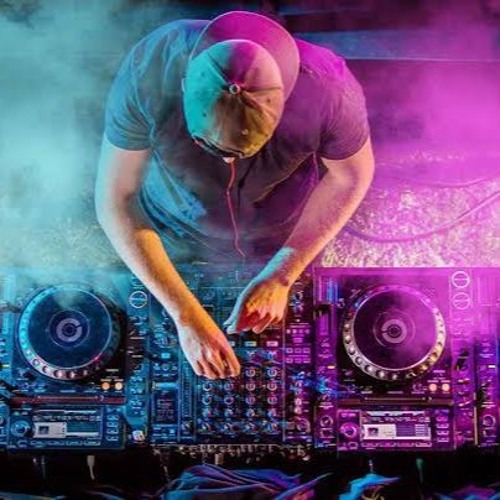

He also promoted “Death to Disco” rallies where he would destroy disco records. Dahl expressed his frustrations on-air at his new job at a rock station. The anti-disco rally was led by Steve Dahl, a loudmouthed disc jockey who had been fired from a Chicago radio station when it went all-disco. One of the most memorable and extreme anti-disco rallies was “Disco Demolition Night” at Comiskey Park, July 12, 1979. However, disco’s mainstream popularity drew backlash from haters, and a “Disco Sucks” movement rose.ĭisco fell out of fashion almost overnight in 1979 as a result of attacks from anti-disco movements across the country. Disco hits were dominating the Top 40 radio stations and topping the charts. Major record labels flooded the market to cash in on disco’s rise to the mainstream. The disco movement became a global “fad” in the late 70s, partly due to hit films such as “Saturday Night Fever” in 1977. Disco Demolition Night: The Night Disco Died Legendary nightclubs such as New York’s “Paradise Garage” and Chicago’s “Warehouse” set the stage for modern club culture and catapulted the club DJ to rock star status. These clubs also provided safe havens for partygoers who wanted to escape from social issues and enjoy a euphoric experience away from public scrutiny. Predominantly LGBTQ, African American, and Latino communities popularized underground nightclubs and accelerated dance music culture. Disco emerged in the early 70s as an underground movement born out of the urban gay culture in New York City. It’s said “house was born from the ashes of Disco” after the launch of an anti-disco movement.

House music became the first direct descendant of disco in the early 80s. Chicago record stores would attract fans of the emerging sound by labeling dance records “as played at The Warehouse,” which became shortened to “house music.” Paradise Garage Nightclub in New York The exact origins of the name are unclear, but many say house music was named after “The Warehouse” nightclub in Chicago’s South Side. And a unique sound coined “house music” emerged in Chicago. Early mixing and remixing techniques gave new life to dance music in the dying disco era. Club culture spawned from the disco era was thriving, and DJs were experimenting with new ways of mixing their sets to keep people dancing. House music’s origins trace back to the underground clubs of Chicago and New York in the late 70s. House Music Originsįew cultural movements in music have a legacy as influential as house music. Let’s explore how this niche underground sound originated and how it became globally recognized as the soundtrack to modern dance music culture. To this day, the cultural impact of house music continues to inspire new generations of fans, music, technology, and innovation. It’s even influenced pop music, hip hop, and other modern music styles. Stemming from disco, house music has evolved into many genres and subgenres of electronic music. It has been keeping people dancing for decades, spawned subcultures, influenced technology, united people, and propelled music innovation. House music is an influential genre of dance music that has become a global phenomenon. Larry Levan at Paradise Garage The History of House Music

Take a journey back through the history of house music and explore this genre’s explosive cultural evolution.


 0 kommentar(er)
0 kommentar(er)
